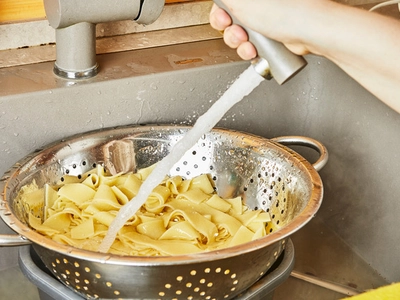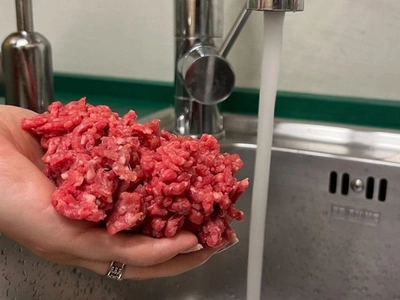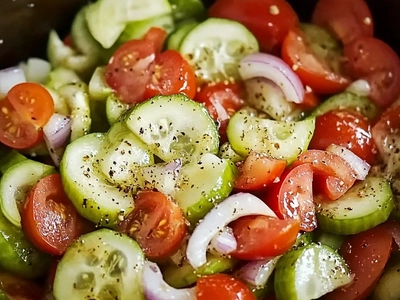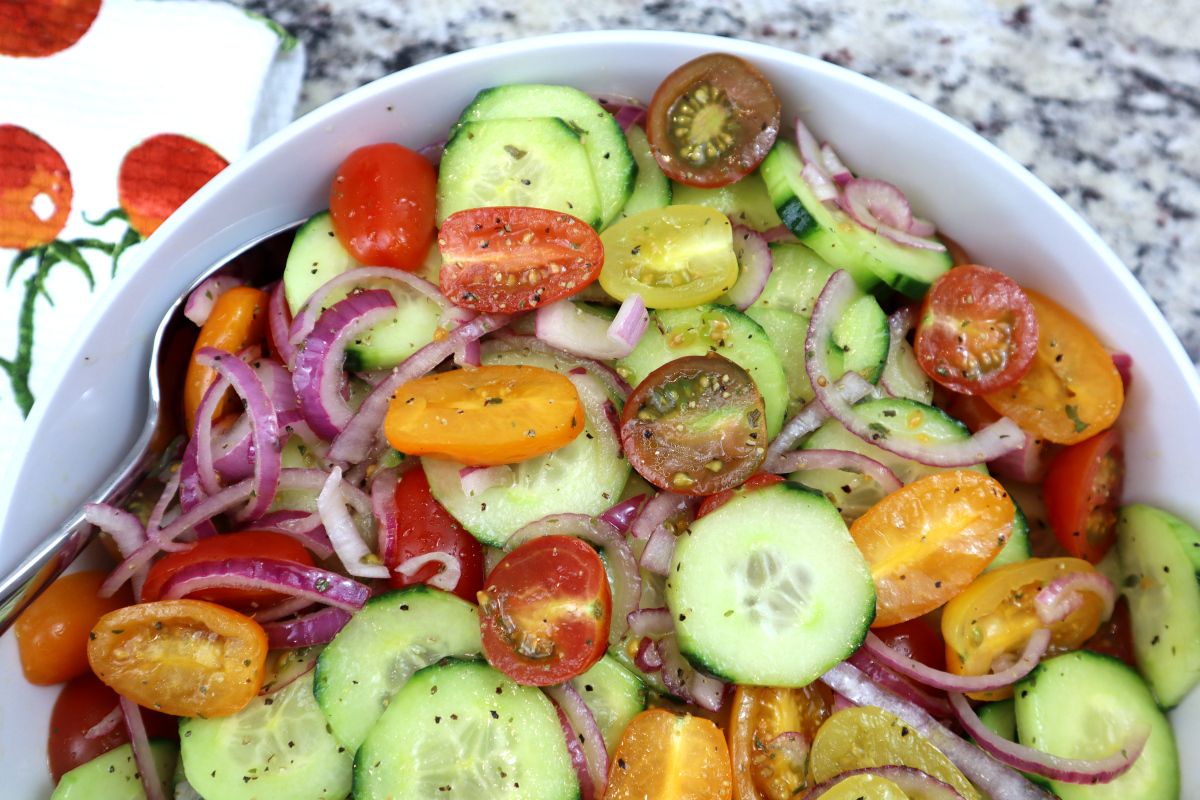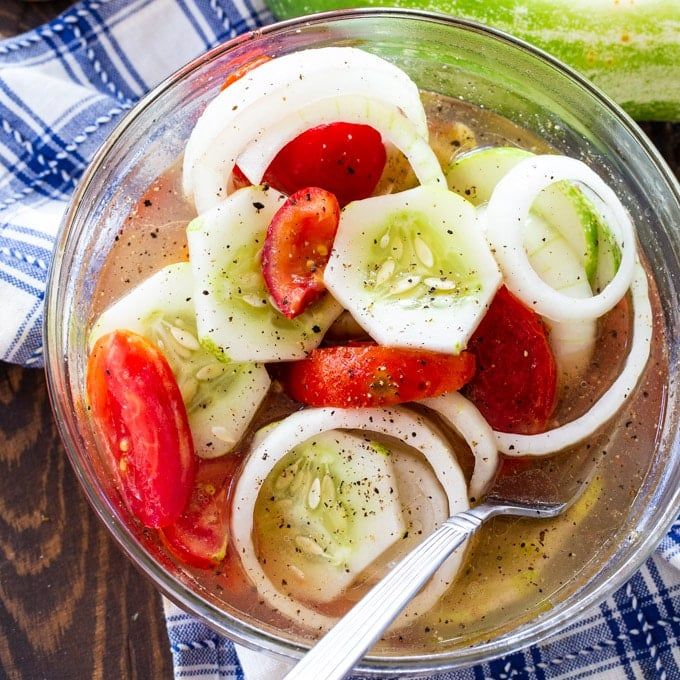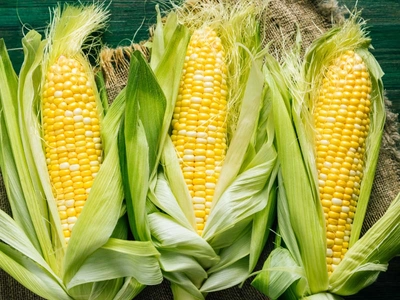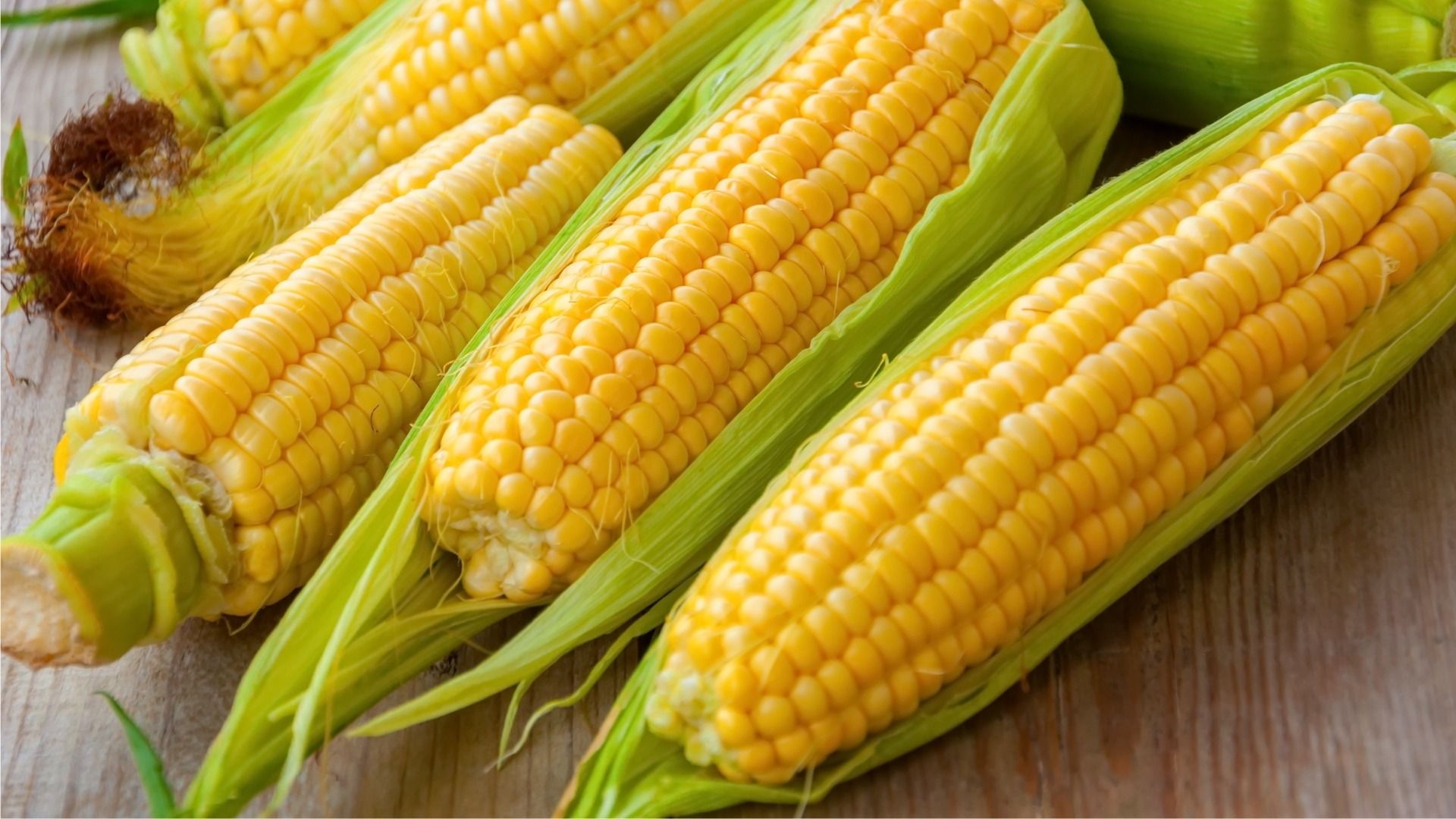Italian Chefs Are FURIOUS About This Common Pasta Mistake (You're Probably Doing It Too)
Stop. Put down that colander. We need to talk.
If you're one of those people who automatically rinses pasta after cooking, you've been committing a culinary crime that would make Italian grandmothers weep. And if you're someone who can't even bring themselves to eat un-rinsed pasta, well, you might want to sit down for this.
The Starch Revolution That Changed Everything
Here's what nobody told you about that cloudy, starchy pasta water you've been washing down the drain: it's liquid gold. That murky water clinging to your perfectly cooked spaghetti isn't dirty—it's the secret ingredient that transforms good pasta into restaurant-quality perfection.
When pasta cooks, it releases starch into the water. This starch acts like a natural binding agent, creating a silky emulsion that helps sauce cling to every strand. Rinse it away, and you're essentially destroying the pasta's ability to hold onto flavor.
What Italian Chefs Actually Do (And Why You Should Care)
Lorenzo Boni, executive chef of Barilla America, settles this debate once and for all: "I never recommend rinsing pasta." Not sometimes. Not occasionally. Never.
Authentic Italian cooking relies on this starch coating to create what they call "mantecatura"—the process of finishing pasta in the pan with sauce and a splash of pasta water. This technique creates that glossy, restaurant-quality finish that makes pasta cling together in perfect, sauce-coated harmony.
The Only Exception (And It's Not What You Think)
Before you start thinking there are no rules in cooking, hold up. There's exactly one time when rinsing pasta is acceptable: when making cold pasta salad.
Why? Because cold pasta salad doesn't need that starch coating. In fact, the starch can make cold pasta gummy and unpleasant. For pasta salad, you want individual pieces that don't stick together, so rinsing with cold water stops the cooking process and removes the starch.
The Science Behind Perfect Pasta
That starchy coating isn't just about sauce adhesion—it's about texture, temperature, and flavor integration. When you rinse pasta:
- You wash away the natural starches that help create creamy, emulsified sauces
- You cool down the pasta, making it harder to properly marry with hot sauce
- You remove the slightly salted surface that adds subtle flavor depth
- You create a slippery surface that sauce literally slides off
Why Your Pasta Sauce Keeps Sliding Off
Ever wonder why your homemade pasta never tastes as good as restaurant versions? It's probably because you're rinsing away the very thing that makes pasta and sauce become one cohesive dish instead of two separate components sitting awkwardly together on your plate.
Professional chefs know that the best pasta dishes happen when you:
- Save a cup of pasta water before draining
- Don't rinse the pasta
- Immediately toss the hot, starchy pasta with sauce
- Add pasta water gradually to create the perfect consistency
The Verdict: Trust the Italians
Italians have been perfecting pasta for centuries, and they never rinse it (except for pasta salad). The starch isn't a flaw to be washed away—it's the feature that makes pasta actually work.
So the next time someone insists on rinsing pasta, you can confidently tell them they're washing away the very thing that makes pasta delicious. Your sauce will thank you, your pasta will thank you, and somewhere in Italy, a nonna will stop crying.
